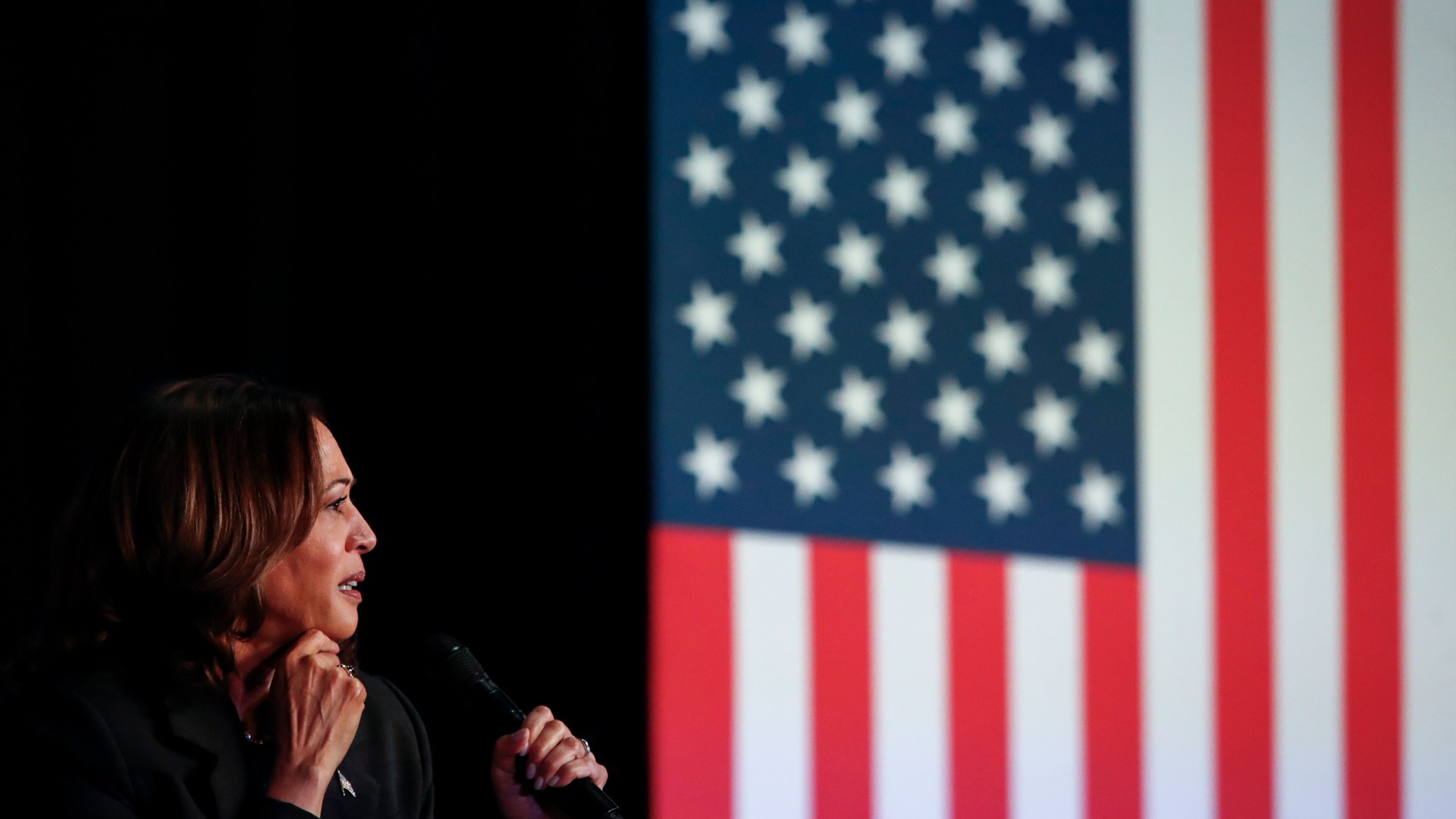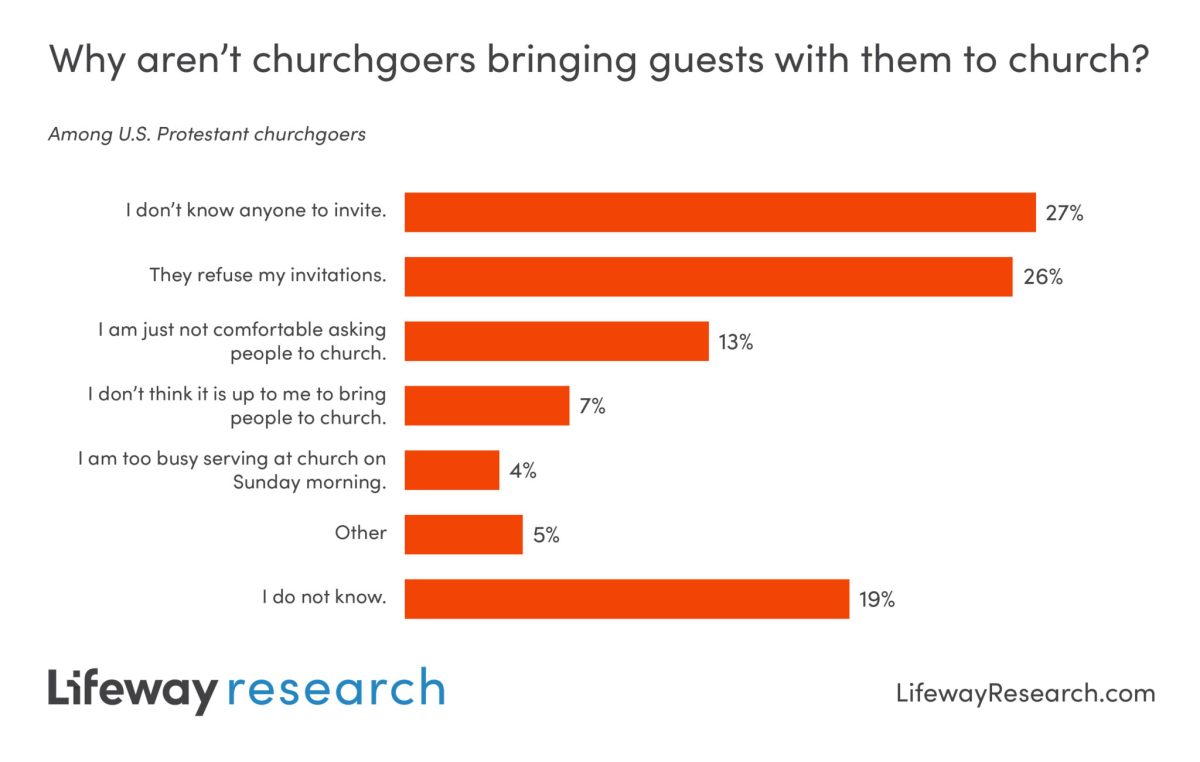Thompson Akingboye is old enough to remember a time when the ocean was not a threat to his home in the coastal town of Ayetoro in Nigeria’s southwestern Ondo State. That was back in 1997, when he was just nine years old.
But in the 2000s, the storm surges began, and then everything changed.
Homes, factories, schools, and maternity clinics built up over the town’s long history began to be slowly consumed by the water.
Ayetoro, meaning “happy city” in Yoruba, is home to more than 10,000 people. It is a theocratic Christian fishing community. Since it was founded in 1947, it has been run by the Ogeloyinbo, or traditional ruler, who is also the head of the town’s charismatic Holy Apostles Community Church.
Today, even that church, around which much of the town’s communal life revolves, has been impacted. It has had to be moved three times in recent years, and the waves are lapping ever closer to its present location.
“Our common prayer in the church is seeking God’s intervention to touch the heart of the government to answer our plight,” Akingboye, now 36 and the spokesman for the town’s youth congress, told CT.
That intervention would involve reclaiming the land that has already been lost to the sea and building up levees, dikes, and seawalls that can withstand the waves, experts say.
Ayetoro’s people are historically self-sufficient, but a project this big is beyond the abilities of even its most able artisans, Akingboye said. Appeals have been made at every level of government: local, regional, and state.
“No tangible respite has come,” he said. “The land continues to be eroded, houses continued to collapse into the sea, people continued to die.”
It appears to be a problem afflicting other communities along Nigeria’s 528-mile-long coastline.
Thousands of reclamation and shoreline protection projects have reportedly been awarded to contractors—but then abandoned. At least two projects meant to shore up Ayetoro’s own defenses have been in planning since 2004, yet nothing has materialized, locals say.
The consequences of inaction have been devastating. Video footage posted by Akingboye on Facebook last December shows waves breaking and swirling around large slabs of shattered concrete, while the skeletal frames of buildings protrude from the sea.
The youth leader estimates around 5,000 residents—nearly half the town’s population—have been displaced. Some have moved to stay with relatives in neighboring communities. Others have had to make do in Ayetoro. Rooms meant for three people now accommodate ten.
“People have become refugees in their own town,” he said.
Tragically, lives have also been lost. More than 30 residents have died in storm surges that hit the town in 2010, 2016, 2019, and then again, most recently, in April 2023.
The victims have been mostly children and the elderly, asleep when the storms struck at night. Some elderly residents have also died from the distress of losing property they don’t have the means to replace, Akingboye said.
More than half a century ago, things in Ayetoro looked very different.
Without any state support, the community established factories to produce bread, shoes, ice and textiles. It had a dockyard—the nation’s first—and there were workshops and sawmills, a technical college, as well as community-run supermarkets, laundry houses, and maternity centers.
Ayetoro was founded as a religious community, where everyone would belong to the same church, praying and celebrating Communion together, and those who violated a strict ethical code would be kicked out. Holy Apostles is part of the Aladura movement, which broke from Anglicanism in the 1920s over the power of prayer and possibility of divine healing today.
Ayetoro had utopian visions of becoming a Nigerian city on a hill. And for a while, it was. Visitors flocked in from Nigeria and abroad. Then the search for oil brought disaster.
“Ayetoro lived in peace and serenity until our oil attracted the government,” Akingboye said. “The land was distorted; the sea rose and began to intrude into the town.”
Oluwambe Ojagbohunmi, the traditional ruler of Ayetoro and the spiritual head of its church, shares this view.
“Apart from climate change, oil exploration is the major factor behind the ocean surge,” he said. “Our oil resource has gone to make others wealthy and build big cities in the state and federal capitals, while we that have the oil are left to be washed into the ocean.”
While marine geoscientists say offshore oil extraction can cause the land to sink, the crisis in Ayetoro is not unique. Much of West Africa’s coastline, a magnet for development and economic activity, is vulnerable to the “converging crises” of rising seas, fast-growing populations, land pressure, and a lack of low-cost housing.
“The increasing population of coastal communities is posing a threat to natural barriers and ecosystems, exposing them to storm surges and flooding,” one study says.
Taiwo Ogunwumi, a Nigerian flood risk consultant based in the Netherlands, says the root cause of the sea level rise affecting Ayetoro is triggered by processes happening far from its shores: melting ice sheets in Greenland and Antarctica.
NASA, which monitors those ice sheets via its GRACE satellite missions, estimates that both are losing hundreds of billions of tons of ice per year. The meltwaters are responsible for a third of global sea-level rise since 1993, according to the American government agency.
Local oil extraction offshore of Ayetoro is, however, also aggravating the situation, notes Ogunwumi.
“The industrial activities of the oil-producing companies concentrated in Ayetoro contribute to the release of carbon dioxide emissions,” he told CT.
In addition to the “gray infrastructure” needed for frontline coastal defenses, Ogunwumi recommends nature-based solutions such as restoring wetlands, coral reefs, marshes, and mangroves that can help buffer against coastal flooding.
Amid this ecological crisis, Ayetoro’s pastors and leaders persist in preaching good news. As a watery apocalypse rises to consume their city, the faithful are urged to turn to the Lord.
“Most of our preaching now is to encourage the people that help will come one day,” Akingboye said. “There is nothing impossible for God to do.”




































